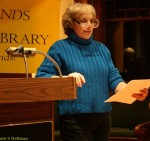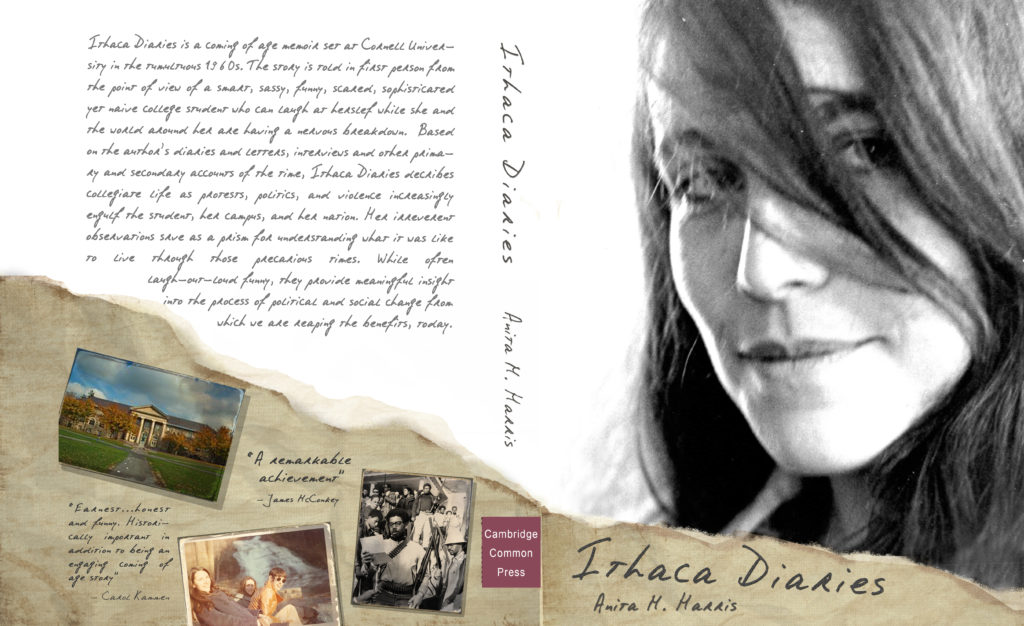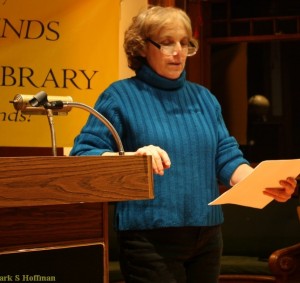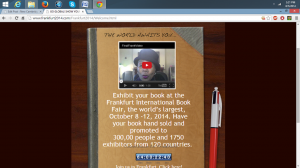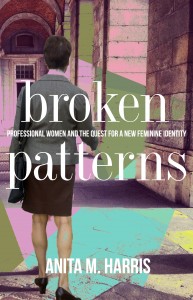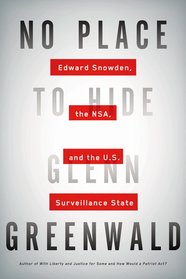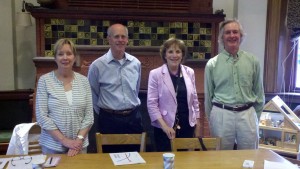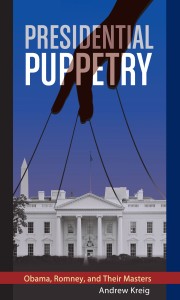 On Friday, July 11, my friend Andrew Kreig spoke at the National Press Club in Washington about his new book Presidential Puppetry: Obama, Romney and Their Masters, which tackles intelligence agency influence on politics and the media.
On Friday, July 11, my friend Andrew Kreig spoke at the National Press Club in Washington about his new book Presidential Puppetry: Obama, Romney and Their Masters, which tackles intelligence agency influence on politics and the media.
Presidential Puppetry, is “a non-partisan exposé of the intelligence sector influence in the Obama administration’s second term,” he said. Drawing from a century of history that includes the Romney and Bush family dynasties, it argues that failures in news reporting will continue because both traditional and social media are heavily influenced by revenue sources little understood by the public, including most journalists and academics. Link to book preview video
In his talk, Kreig noted that before the Washington Post was sold to Amazon CEO Jeffery Bezos last summer, the paper had, for many years, received just 4 percent of its revenue from circulation and 14-15 percent from advertising. Approximately 60 percent of Post revenue has come from an education subsidiary, Kaplan, which profits from lucrative but little-reported government relationships.
Similarly, Amazon.com, Bezos’ source of wealth, last fall obtained a $600 million contract to handle advanced computing needs for the CIA, Kreig said. The contract dwarfed the $250 million Bezos purchase price for the Post and further illustrates certain seldom-reported institutional ties between news-making agencies and news organizations.
In another example of close ties between government and the news media, Kreig noted that the president of CBS News is Andrew Rhodes. Rhodes brother, Ben, is Obama’s speechwriter, deputy national intelligence director and, as described by insider columnist David Ignatius in the July 11 Washington’s Post, “the closest thing he [Obama] has to a chief strategist.”
Earlier this month, Kreig pointed out, Ray McGovern, a CIA-analyst-turned peace activist, warned a separate audience at the Press Club that the mainstream media are suppressing vital news stories. According to McGovern, who spent 27 years as a CIA analyst with responsibility for daily briefings of two presidents, “Never has it been so bad in the 50 years I’ve been in this town” and “there’s one change that dwarfs all the others.” What is that change? “We no longer have a free media,” McGovern said. “That’s big. It does not get any bigger than that.”
McGovern was first quoted in report published by the Justice Integrity Project, an organization Kreig founded in 2010 to probe courts, politics and media coverage (http://wwwow.ly/yT2Rw)
In Presidential Puppetry Kreig documents how deep-pocketed corporations and other institutions have, for more than a century, shaped the public agenda with increasingly little scrutiny from watchdogs. The book draws on Kreig’s two decades as an investigative reporter, lawyer and high-tech advocate based in Washington, DC.
In the book, Kreig alleges that what he calls “puppet masters” wield enormous influence over intelligence agencies, elected officials, and both traditional and social media. For example, he describes a pattern whereby many prominent elected leaders secretly served as CIA or FBI informants before they entered politics, thereby establishing relationships unknown to the public.
Such allegations are endorsed by an array of experts (www.presidentialpuppetry.com), including McGovern and former CIA analyst and retired journalist John Kelly, who is a board member of the Justice Integrity Project (http://www.justice-integrity.org/index.php?option=com_content&view=article&id=188&Itemid=153. Kelly is the last surviving reporter to have covered the 1960 JFK election victory party in Hyannis Port. He went on to work for CBS and NBC before becoming a CIA officer in Indochina during the Vietnam War era. In organizing and introducing last week’s dinner lecture, Kelly said the news media have become far too timid and institutionally compromised.
The “Puppetry” message is documented with 1,100 endnotes to help other researchers and reformers, Kreig said. Its conclusion is that any reform must begin with an understanding of our hidden history. That is the theme of a 50-second preview video, entitled “Knowledge Empowers You.” (http://www.youtube.com/watch?v=4KV8Mt2nV_A)
I knew Kreig when he reported for the Cornell Daily Sun in the late 1960s. He’s since worked in journalism, technology, and law. His Boston background iincludes coverage of the Celtics in the 1980s and a clerkship with Boston-based federal judge Mark Wolf, who is best known for presiding over the Patriarca mob case and exposing the Whitey Bulger scandal(http://en.wikipedia.org/wiki/Mark_L._Wolf). Kreig holds law degrees from both Yale and the University of Chicago. From 2009 to 2011, he researched controversial Bush administration federal prosecutions as a Washington-based senior fellow for the Schuster Institute for Investigative Journalism at Brandeis University.
–Anita M. Harris
New Cambridge Observer is a publication of the Harris Communications Group, an award-winning PR and marketing firm based in Kendall Square, Cambridge, MA.
